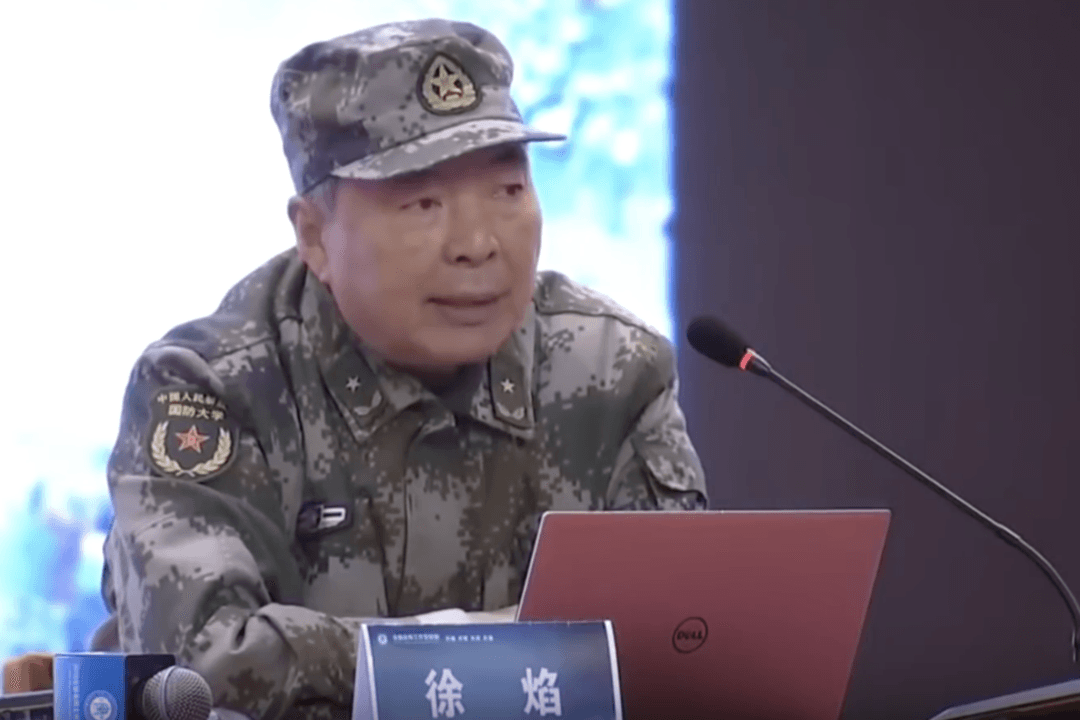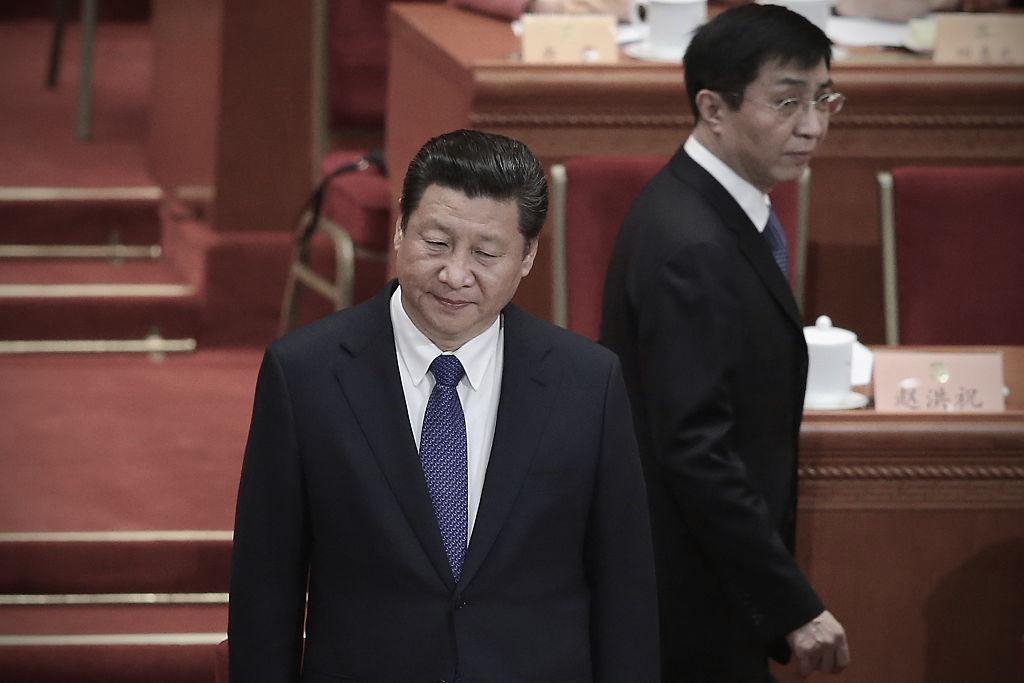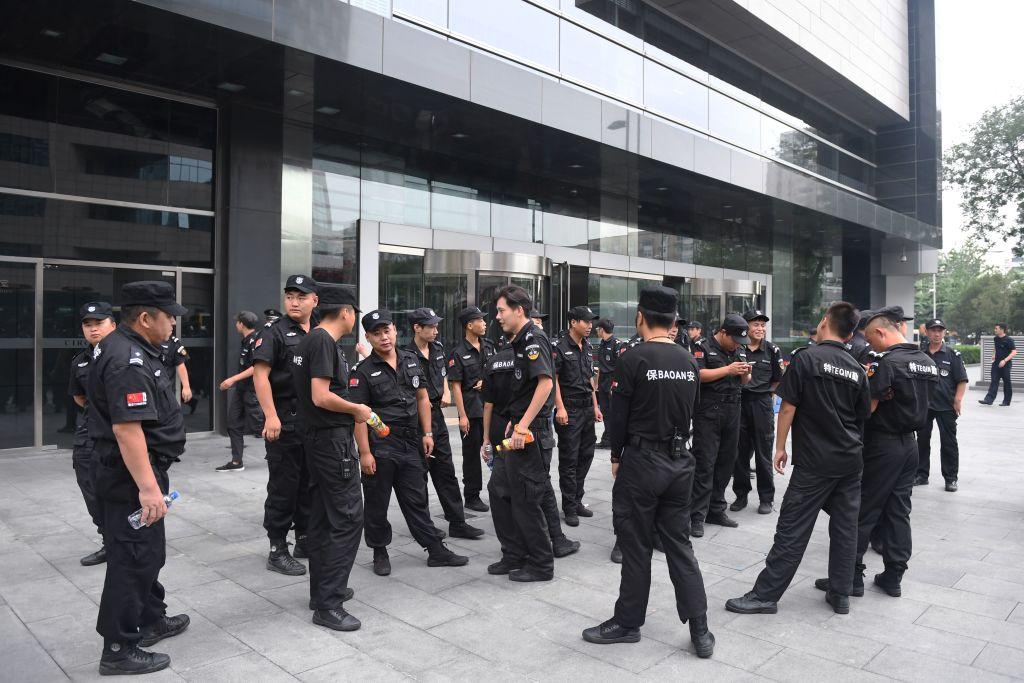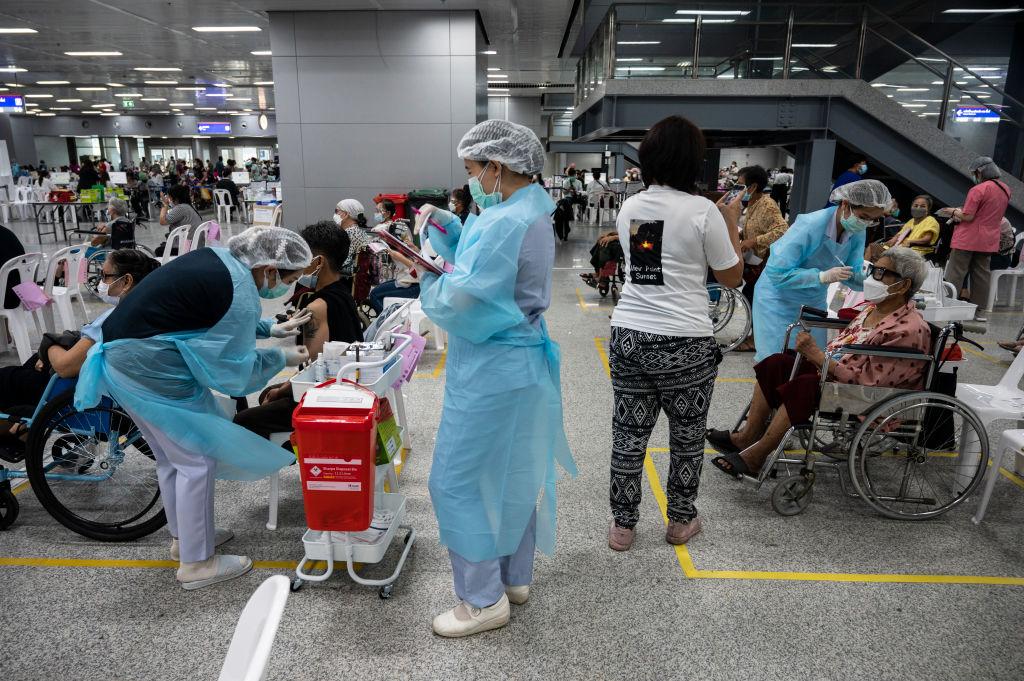As Hongkongers recently took to the streets in record numbers to voice their frustrations over Beijing’s growing encroachment, a speech by a Chinese military general circulating online is offering insights into how the mainland’s communist elite view the former UK colony.
In a 2018 speech, Xu Yan, general and professor at the Defense University of the People’s Liberation Army (PLA), said the Chinese communist regime made a “big mistake” in promising not to change Hong Kong when the city was handed over from British rule more than two decades ago.




